On the afternoon of November 13, in Hanoi , Hanoi National University held a conference to collect comments on draft documents to be submitted to the 14th National Congress of the Party.
This event demonstrates the responsibility, intelligence and dedication of the intellectual team of Hanoi National University in advising on planning vision, goals and strategic decisions for the country's development in the new period.
Speaking at the opening of the conference, Director of Hanoi National University Hoang Minh Son said that the 14th National Party Congress is an important political event of strategic significance in shaping the country's future in the new era. The Congress not only summarizes 40 years of renovation and 35 years of implementing the Platform for national construction in the transition period to socialism, but also establishes the vision and strategy for national development until 2045, making Vietnam a developed, high-income country.
In that context, the draft documents of the 14th National Party Congress put forward many important strategic orientations.
According to Associate Professor, Dr. Hoang Minh Son, it is particularly noteworthy that these documents deeply emphasize the role of education and training, science and technology, innovation and human development as the main driving forces to enhance competitiveness and promote sustainable development. These are also the areas in which Hanoi National University has a pioneering mission and outstanding advantages to make strong and practical contributions.
Associate Professor, Dr. Hoang Minh Son shared that the draft Political Report identifies education and training as a strategic breakthrough, the foundation for improving people's knowledge, training human resources, nurturing talents and developing high-quality human resources, especially high-level human resources for science and technology, innovation, digital transformation, and green transformation. This requires continuing to fundamentally and comprehensively innovate education and training, make breakthroughs in education and training development, build an open, modern, and integrated education system; promote university autonomy; innovate governance models; closely link higher education with the labor market and development needs of localities and the country.
As the leading higher education institution in the country, Hanoi National University is responsible for taking the lead in implementing these major orientations. Hanoi National University will continue to develop an advanced research university model; build an innovation ecosystem, centers of excellence, and science and technology incubators; promote comprehensive digital transformation in training and administration; and strongly contribute to discovering and nurturing talents, training a team of high-quality intellectuals, experts, scientists, and managers for the country.
Besides, with its strengths in basic sciences, social sciences and humanities and interdisciplinary fields, Vietnam National University, Hanoi can make profound contributions to the development of innovation theory, building a system of Vietnamese cultural values, and perfecting national institutions and policies in the new context.
At the conference, scientists and experts focused on discussing a number of key contents of the draft document, especially issues on development vision, new growth drivers, education-training and science-technology development, high-quality human resource development, the role of Vietnamese culture and people in the country's sustainable development, and other important contents.
Associate Professor, Dr. Tran Quoc Binh, Vice Rector of the University of Science, Vietnam National University, Hanoi, commented that the draft documents submitted to the 14th National Party Congress demonstrated a strategic, comprehensive vision and a great step forward when clearly identifying that training high-quality human resources according to international standards is a particularly important task, a decisive factor for rapid and sustainable development, realizing aspirations by 2030 and vision to 2045.
The documents have also frankly pointed out the limitations in policies and practices when implementing many weaknesses and inadequacies in training high-quality human resources, in which the quality of university training is still slow to improve. The draft document also mentioned special mechanisms and policies for training and developing high-quality human resources, promoting talents; focusing on attracting prestigious scientists and leading experts in the country and internationally, with special attention to basic sciences and key fields of science and technology.
According to Associate Professor, Dr. Tran Quoc Binh, to realize the goal of developing high-quality human resources to meet the requirements of national development in the new era, strategic issues are especially important to build a modern national education system, on par with the region and the world. In addition, it is necessary to synchronously perfect the mechanism and policies on training, use, treatment, honor, and creative working environment for the team of experts, especially good experts who have made many contributions to the country.
Professor, Dr. Chu Duc Trinh, Principal of the University of Technology, Vietnam National University, Hanoi, believes that Vietnam will not have much room to develop the country if it does not rely on science and technology. This is a lesson that many countries in the world have experienced. To firmly step into the new era, Vietnam must participate in the higher value stage in the industrial chain; it is necessary to build an industrial system that becomes the center of the development ecosystem. Enterprises are only sustainable when they have a solid position in the global product supply chain. In the triangle of three houses, the State needs to build an environment that creates motivation for enterprises to develop. Schools need to be determined to provide the market with a quality workforce, capable of taking on difficult and challenging job positions with a leadership spirit.
Commenting on the institutional issue, the Regional Studies research group of the Institute of Vietnamese Studies and Development Sciences under the Vietnam National University, Hanoi emphasized that the Party and State need to research and select a model of a development-led, creative state to promote institutional advantages and build the most effective national governance and management system. The two core factors ensuring the success of this state model are: successful digital transformation, creating a foundation for a modern national governance system, and training and developing a new generation of leaders and managers with core competencies of innovation and development leadership./.
Source: https://www.vietnamplus.vn/tri-thuc-tham-muu-hoach-dinh-muc-tieu-quyet-sach-chien-luoc-phat-trien-dat-nuoc-post1076796.vnp



![[Photo] Deep sea sand deposits, ancient wooden ship An Bang faces the risk of being buried again](https://vphoto.vietnam.vn/thumb/1200x675/vietnam/resource/IMAGE/2025/11/13/1763033175715_ndo_br_thuyen-1-jpg.webp)






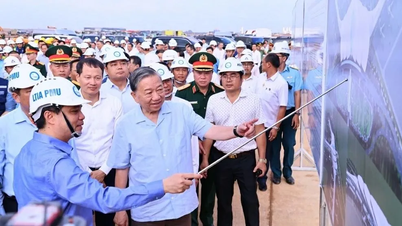

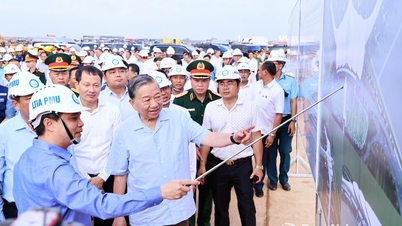

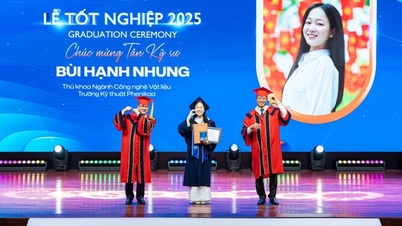

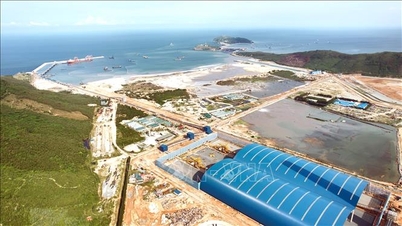


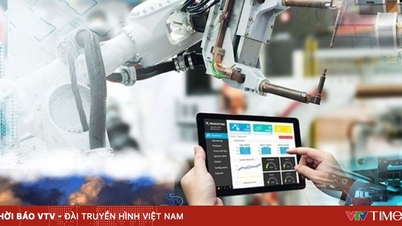

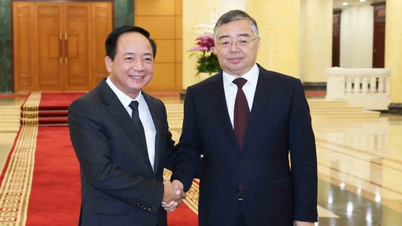

![[Video] Digital enterprises contribute ideas to the 14th Congress documents: Expectations for an open data corridor and unified digital infrastructure](https://vphoto.vietnam.vn/thumb/402x226/vietnam/resource/IMAGE/2025/11/13/1763046079638_doanh-nghiep-so-5650-jpg.webp)
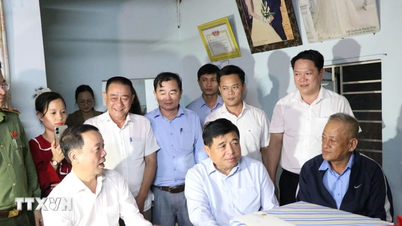
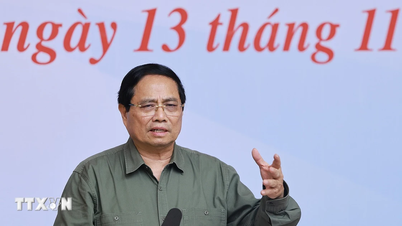
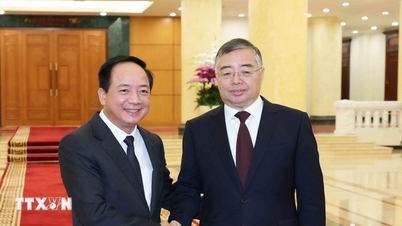








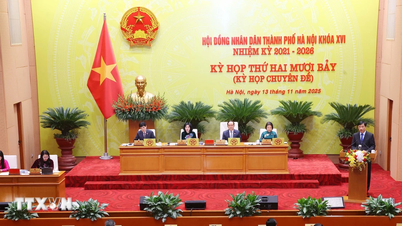
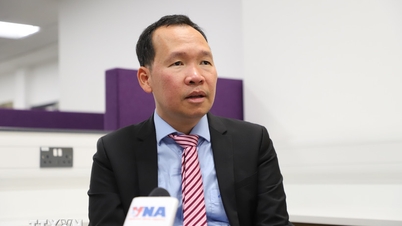
































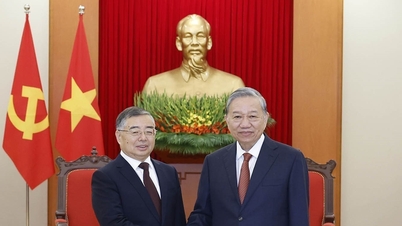
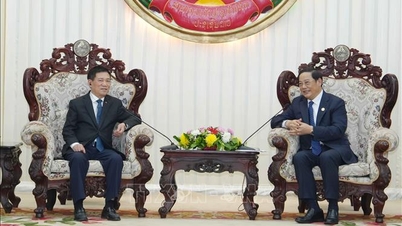







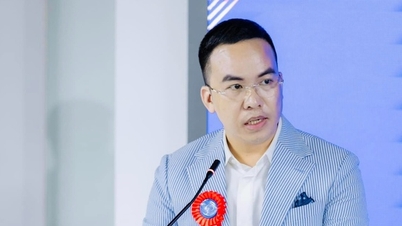
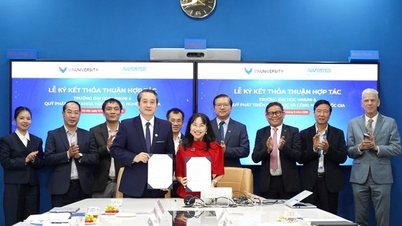

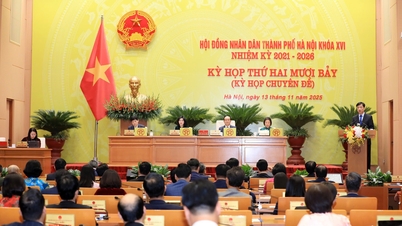

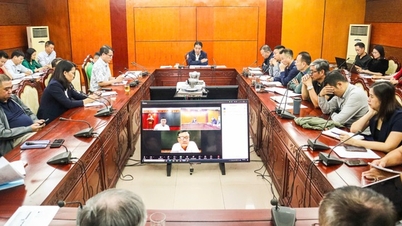
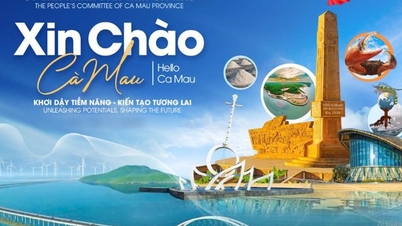
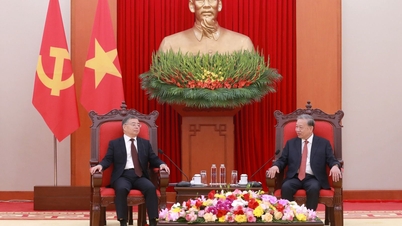
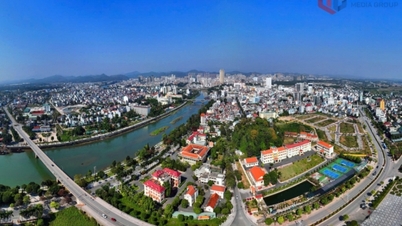

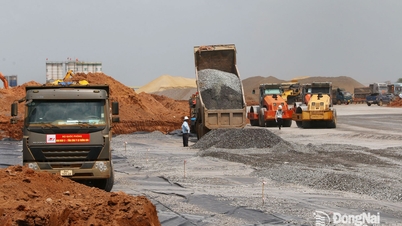


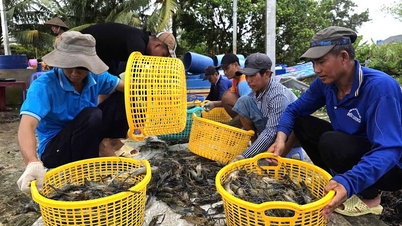

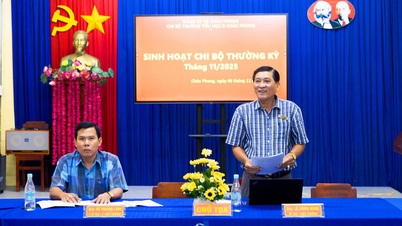





![Dong Nai OCOP transition: [Article 3] Linking tourism with OCOP product consumption](https://vphoto.vietnam.vn/thumb/402x226/vietnam/resource/IMAGE/2025/11/10/1762739199309_1324-2740-7_n-162543_981.jpeg)







Comment (0)